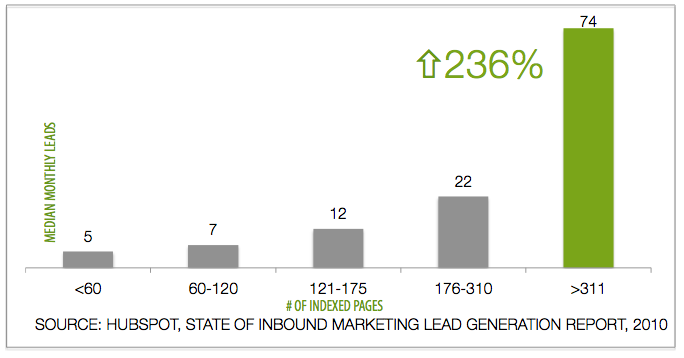A big part of our work as a digital marketing agency involves talking to clients and prospective clients about creating quality Web site content on a regular basis, or what a lot of the world calls “blogging.”
And we get challenged on it. A lot. “We don’t have time to write that stuff,” “I hate writing that stuff,” “nobody would read our blog.” These are all common objections that we hear.
But you should make time – or hire someone who’s good at it who has the time – and people will read it if it’s done right. In fact, according to HubSpot, companies that blog generate 70% to 90% more leads than comparable companies that don’t blog. And I’m going to guess, although I don’t have hard statistically valid data to back it up, that companies that blog convert those leads into sales at a higher rate, too.
Here’s why…
